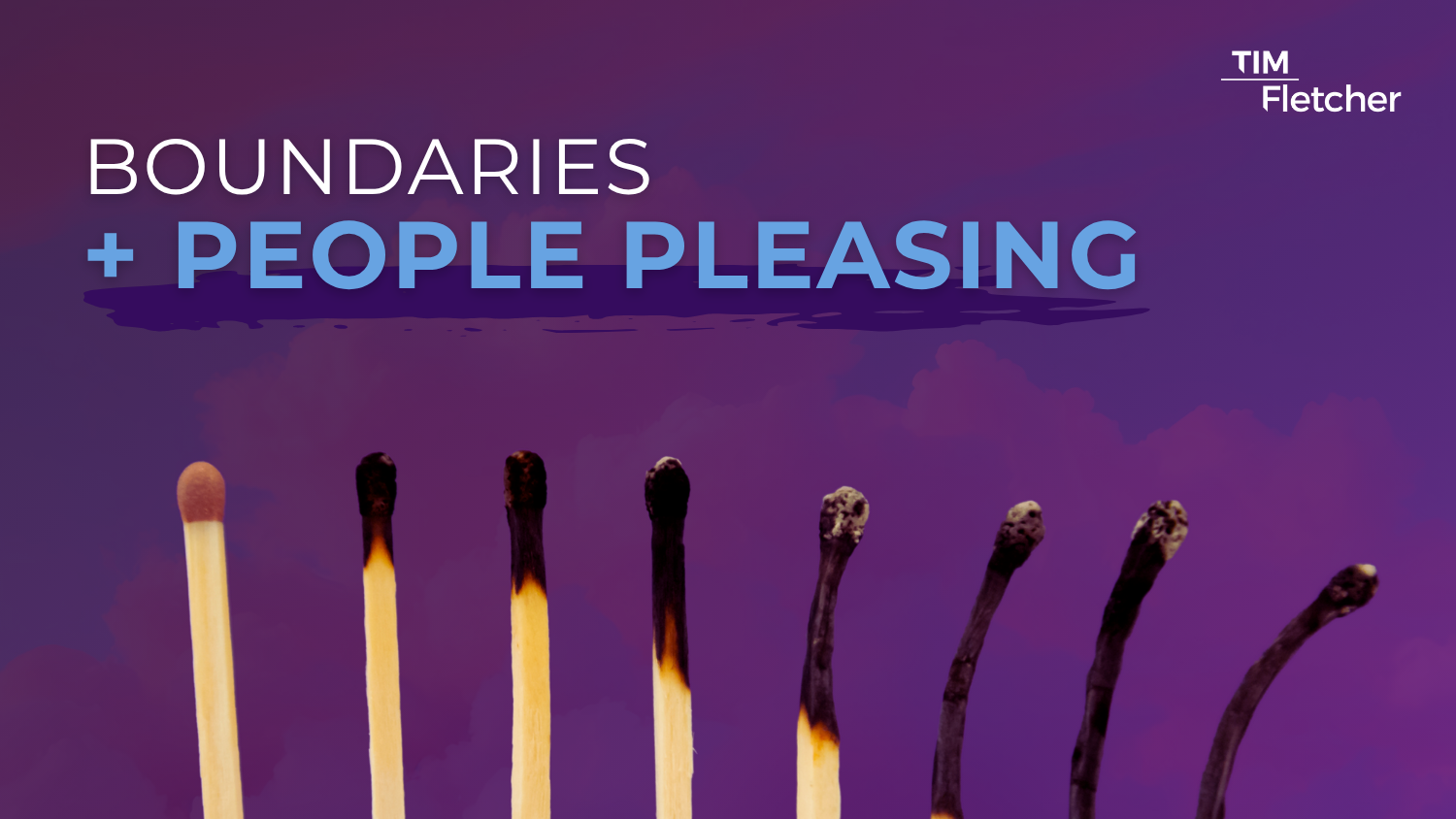Finding Your Voice Again After Complex Trauma Through Self-Compassion
When Did You Last Hear Your Own Voice?
If you’ve endured complex trauma, you may know the crushing weight of silence—the way it settles into your bones, making even the simplest self-expression feel dangerous. You look in the mirror and see a survivor, but the reflection feels incomplete. Where there should be confidence, there is hesitation. Where there should be words, there is a hollow space where your voice once lived.
This is not a failure. This is your body’s ancient wisdom—a survival mechanism that once shielded you from harm. When speaking up led to punishment, dismissal, or abandonment, silence became your armor. But now, long after the trauma has passed, its echoes remain.
You may:
- Stumble over words, as if your tongue has forgotten how to form them.
- Apologize for existing, shrinking in conversations to avoid "taking up space."
- Suppress your opinions, instinctively agreeing to keep the peace.
- Feel like an intruder in your own life, waiting for permission to speak, to want, to be.
These are not signs of weakness. They are complex trauma symptoms—the lingering effects of a nervous system trained for survival, not self-expression.
But here’s the truth: Your voice is still there. It may be buried, but it is not gone.
The Journey From Survival to Self-Compassion
1. The Silence That Once Protected You
Complex trauma rewires the brain. When your voice was met with rejection or violence, your nervous system learned that silence was safer. You may have dissociated, numbed out, or learned to "fawn"—people-pleasing to avoid conflict. These adaptations kept you alive. Honor them.
But now, you are no longer in that same danger. The first step in healing is recognizing that the silence that once shielded you is now a cage—and you hold the key.
2. The First Whisper: "I See You"
Healing begins when someone—or you—looks into that silence and says:
"I see you. I want to hear your story. I will wait for you."
This could come from:
- A trauma-informed therapist who creates a safe space for your voice to re-emerge.
- A trusted friend who listens without judgment.
- Your own hand on your heart, whispering: "You are allowed to exist. You are allowed to speak."
At first, your voice may crack. It may come out as a journal entry no one sees, a shaky sentence spoken aloud to the mirror, or a single "no" where you once would have said "yes." That’s okay. This is how the soul relearns trust.
3. The Rebirth of Choice
With each act of courage—each time you speak and are met with respect instead of reprimand—you reclaim something vital: your right to choose.
- You choose your words.
- You choose your boundaries.
- You choose how your story is told.
This is where healing transforms from "I survived" to "I am alive."
The Power of Connection in Healing Complex Trauma
Healing cannot happen in isolation. Complex trauma thrives in secrecy, but it withers in the light of shared compassion. When you find your voice, you often find others finding theirs too. This is why:
- Support groups for trauma survivors remind you: "You are not alone."
- Somatic therapy helps your body unlearn fear and rediscover safety.
- Creative expression (writing, art, music) lets your voice speak when words fail.
In these spaces, you learn a new language—one where your voice is not just heard but cherished.
How to Begin Reclaiming Your Voice
1. Acknowledge Your Silence Without Shame
Say to yourself: "My silence kept me safe. Now, I choose to gently step beyond it."
2. Find One Safe Space to Whisper Your Truth
- Write in a journal.
- Speak to a therapist.
- Share one small thought with a trusted friend.
3. Practice Self-Compassion Daily
Place a hand over your heart and say:
"I am here. I matter. My voice deserves to be heard."
4. Seek Trauma-Informed Support
Healing grows in community. We invite you to:
Read more on our blog to understand complex trauma and its symptoms
Take our self-paced ALIGN courses at your own convenience
Join our next live virtual session on May 24, 2025 at 11:00 AM ET (Register here)
5. Take One Brave Step This Week
- Say "I disagree" in a conversation.
- Write a letter to your younger self.
- Sing aloud in the car, just to remember what your voice sounds like.
Your Voice Is Waiting for You
You were never meant to live in silence forever. Complex trauma tried to convince you that your voice was a liability, but it is actually your greatest strength.
With each word you reclaim, you rewrite the narrative of your life—not as someone who was broken, but as someone who is unbreakable.
Your voice is not lost. It is waiting. And when you’re ready, it will rise.
Additional Resources to Support Your Journey
You don’t have to navigate this path alone. Explore these resources designed to support and empower you:
- ALIGN Courses: Practical, self-paced, trauma-informed tools to help you navigate recovery with clarity and confidence.
- Article: Read “Being a Chameleon – “How Complex Trauma Shapes Your Sense of Self” for actionable insights into overcoming trauma’s long-lasting effects.
Healing is a journey of self-discovery and empowerment. You don’t have to walk it alone. Let’s take the first step together































